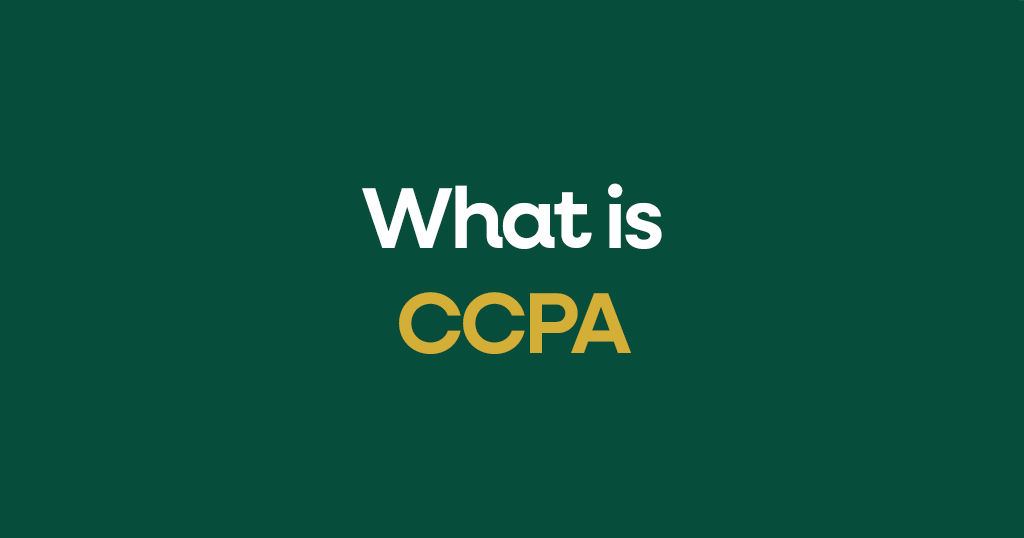What is CCPA?
California Consumer Privacy Act (CCPA)
The California Consumer Privacy Act, or CCPA, is a law that gives people in California more control over the personal information that businesses collect about them. It helps protect a person’s privacy.
Examples
- A right to know: You can ask a company what personal information it has about you. This includes things like your name, address, and what you’ve bought.
- A right to delete: You can ask a company to delete your personal information. If you don’t want a business to have your data anymore, you can tell them to get rid of it.
- A right to say no: You can tell a company not to sell your personal information. They can’t sell your data to other companies if you say no.
- Equal service and price: Businesses can’t charge you more or give you worse service just because you used your privacy rights.
Context
The CCPA was created because many businesses collect and use a lot of personal information. This data can include your online habits and location. This law was made to give people a say in how their data is used. It’s similar to laws in other places, like Europe’s GDPR. The CCPA is a big step for digital privacy in the United States.
